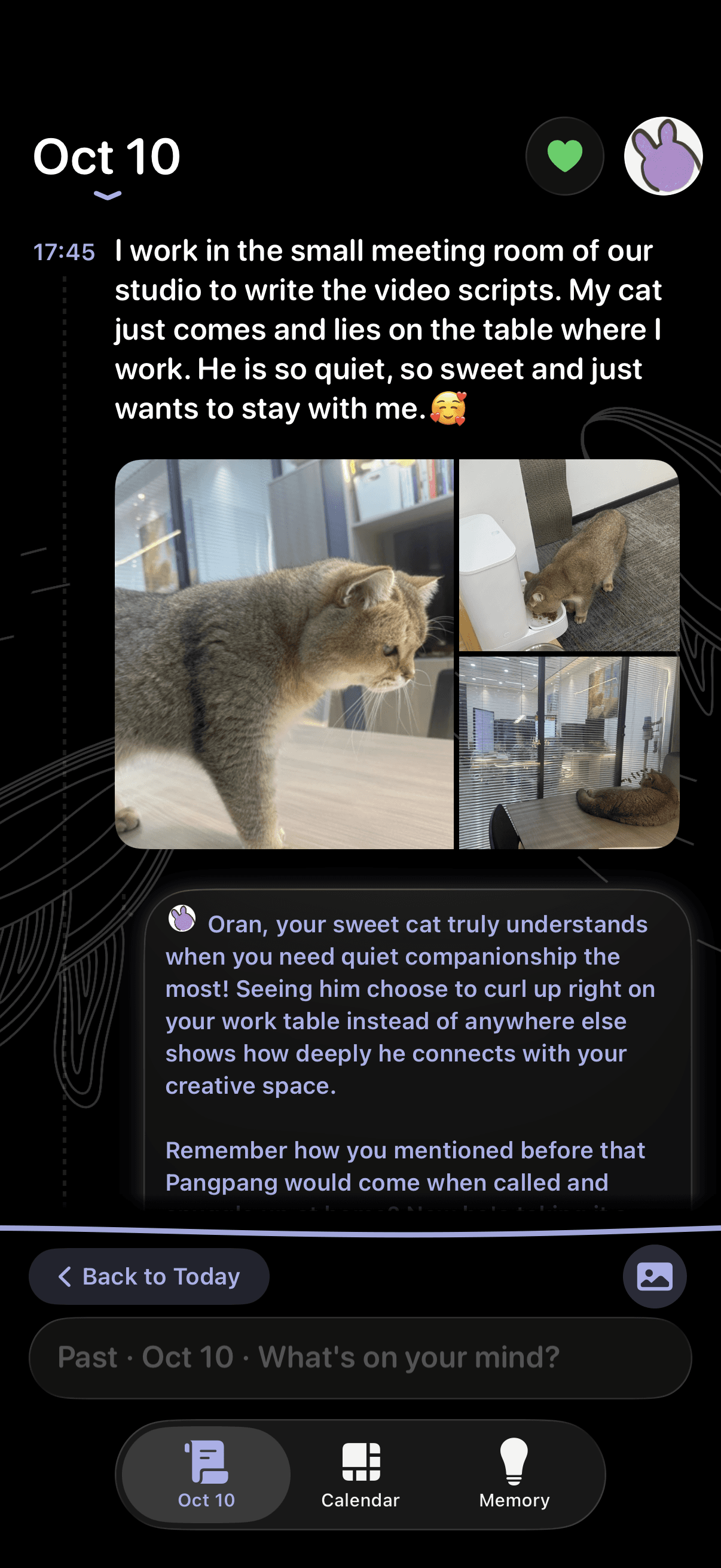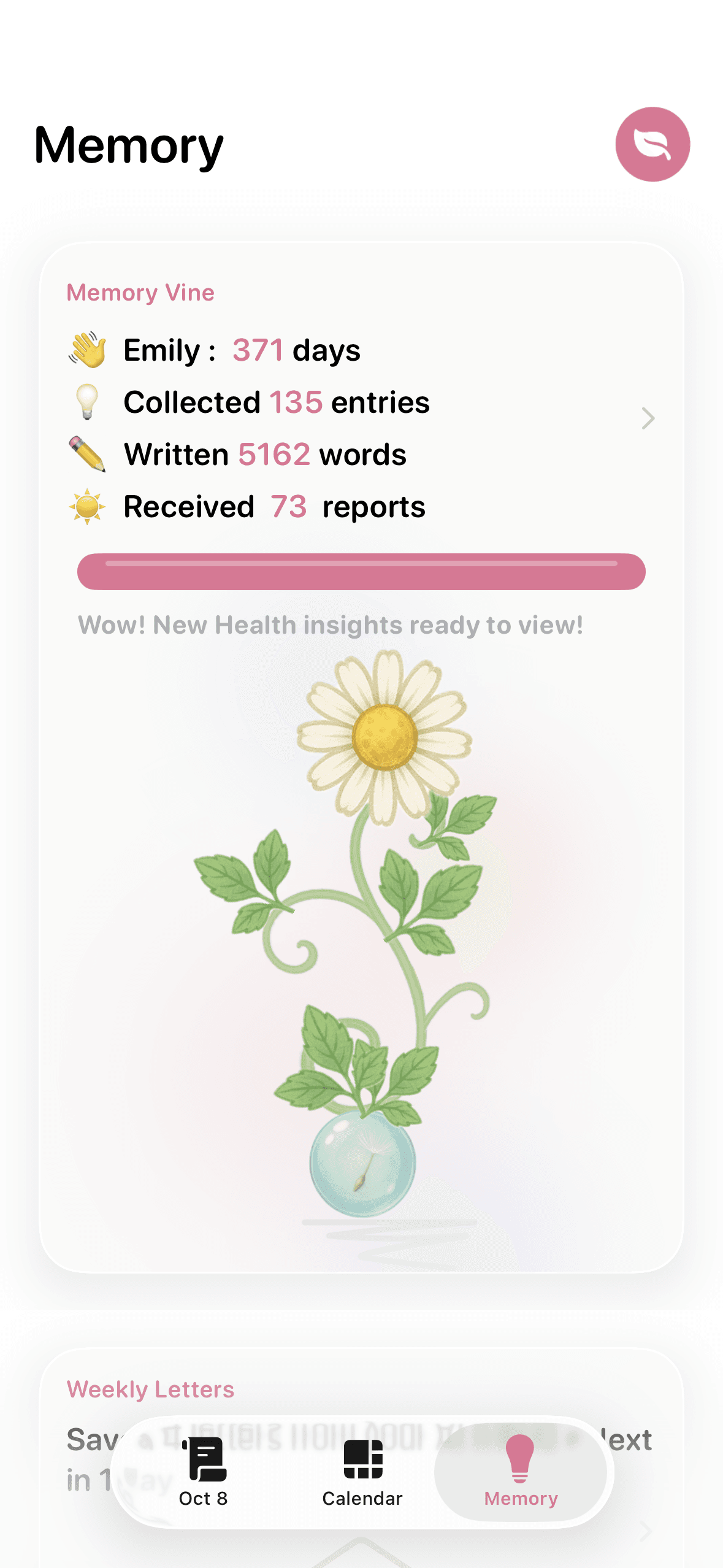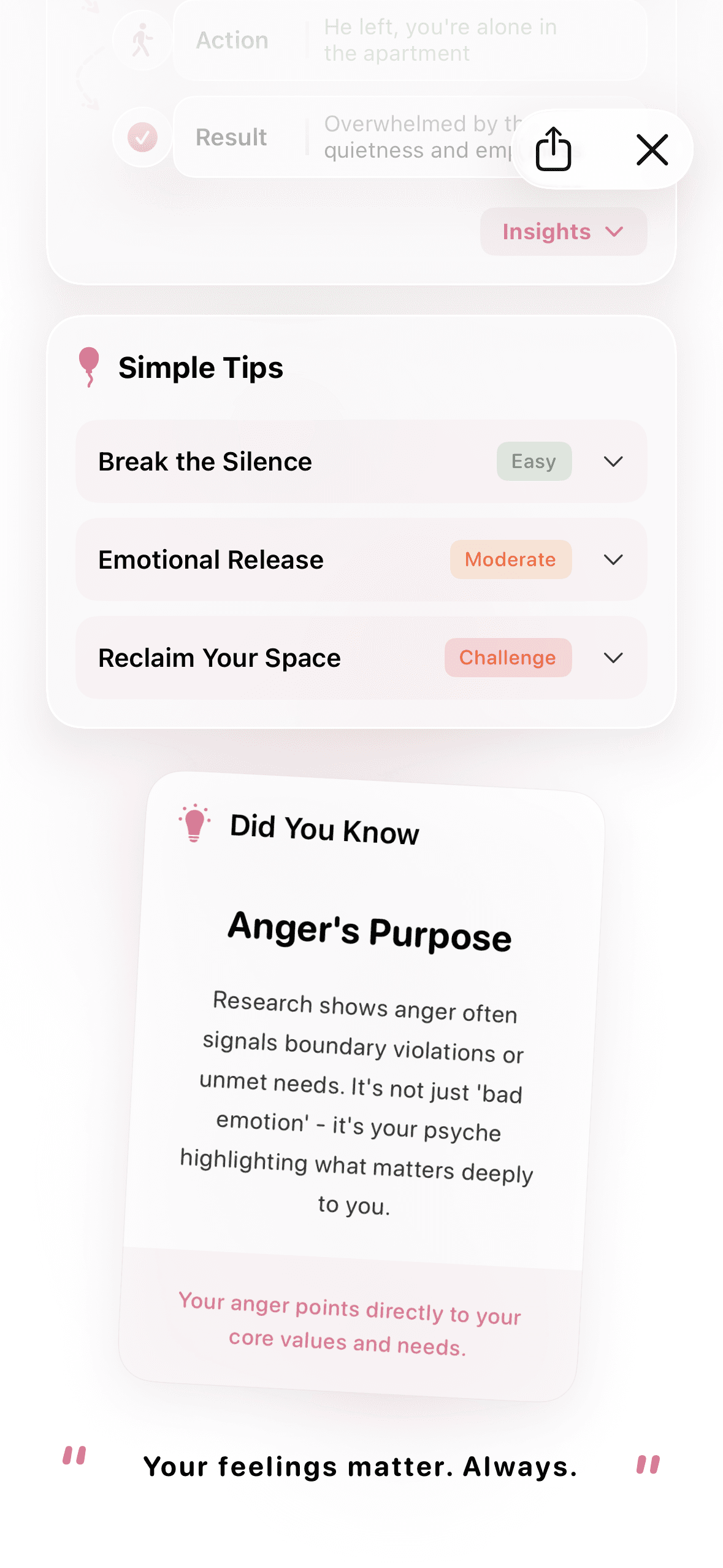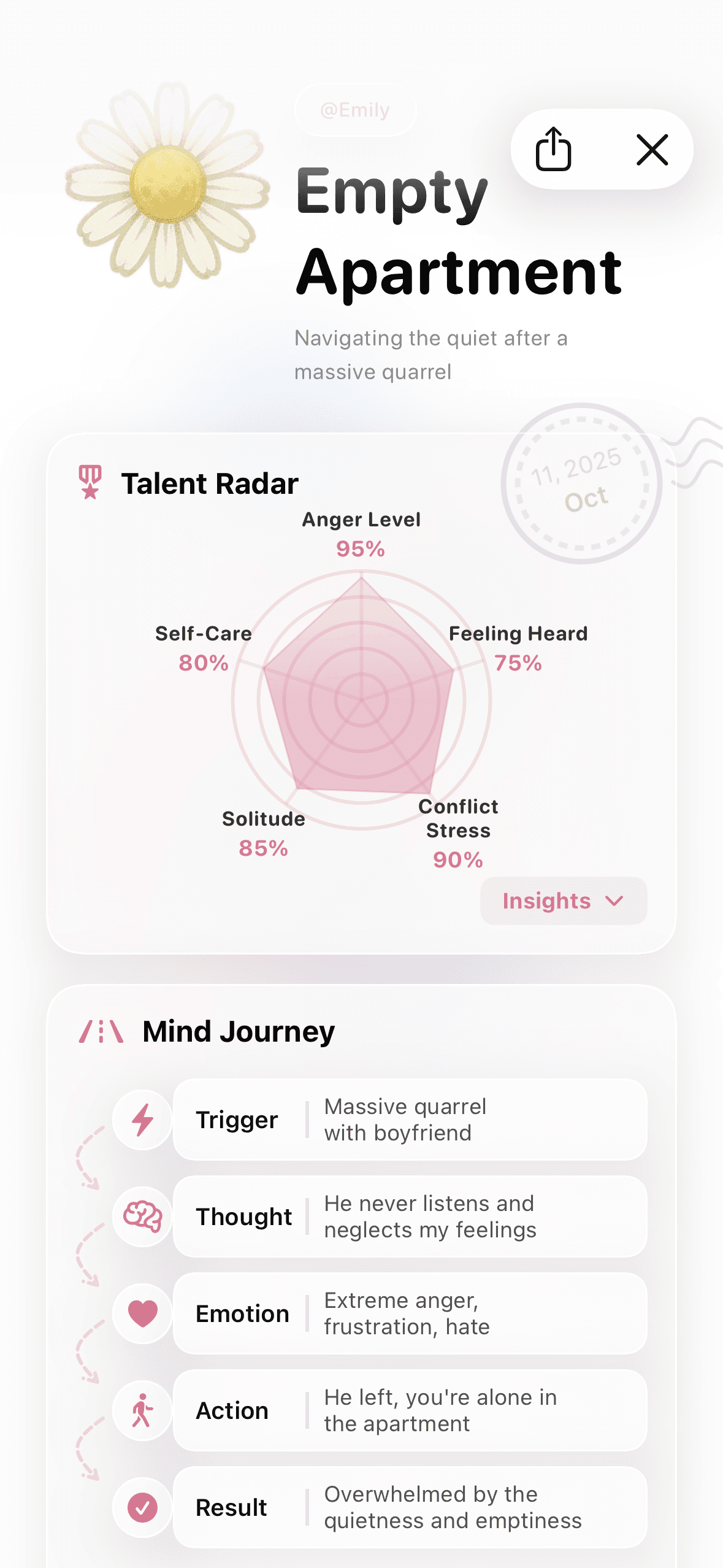The Neuroscience of Gratitude
Brain scans show gratitude activates the hypothalamus (stress regulation) and ventral tegmental area (dopamine production). Dr. Robert Emmons' research proves gratitude journaling creates measurable changes in brain chemistry and well-being.
7 Science-Backed Benefits
1. Enhanced Mental Health
- 25% increase in happiness
- 34% reduction in depression
- 28% higher optimism scores
How: Write 3-5 specific gratitudes nightly. "Sister's supportive call" beats "family."
2. Better Physical Health
- 23% lower cortisol
- 16% fewer symptoms
- 10% better sleep
How: Include body gratitudes: "grateful for pain-free walk today."
3. Stronger Relationships
- 20% rated more helpful
- 18% more connected
- 23% less isolation
How: Daily gratitude for one person—consider sharing it.
4. Improved Sleep
- Fall asleep 15 minutes faster
- 30 minutes more sleep
- 42% fewer racing thoughts
How: 5-minute bedside journal focusing on day's positives.
5. Greater Resilience
- 34% lower PTSD rates
- 41% higher resilience scores
- 23% faster stress recovery
How: During challenges, note lessons learned and support received.
6. Higher Self-Esteem
- 17% self-esteem boost
- 40% less resentment
- 35% fewer comparisons
How: Focus on personal growth: "more patient than last year."
7. Work Performance
- 31% higher productivity
- 23% less work stress
- 12% fewer sick days
How: Appreciate learning opportunities and helpful colleagues.
Optimal Practice Guidelines
Frequency: 3-4 times weekly beats daily (avoids going through motions)
Depth: One detailed gratitude > many surface items
Focus: People > things for emotional impact
Technique: Sometimes imagine life without blessings (subtraction method)
Common Mistakes
- Writing without feeling—connect emotionally
- Toxic positivity—allow negative emotions too
- Same gratitudes daily—seek fresh angles
Start Tonight
- Pick 3-4 evenings weekly
- Write 3-5 gratitudes with details
- Include one person-focused item
- Review monthly for patterns
Dr. Seligman's research: Just one week creates benefits lasting 6 months. Apps like Lifelight enhance practice with AI prompts and mood tracking.
The bottom line: This isn't positive thinking—it's neuroscience. Minutes daily can transform mental health, physical health, and relationships. Your grateful brain literally rewires for happiness.



